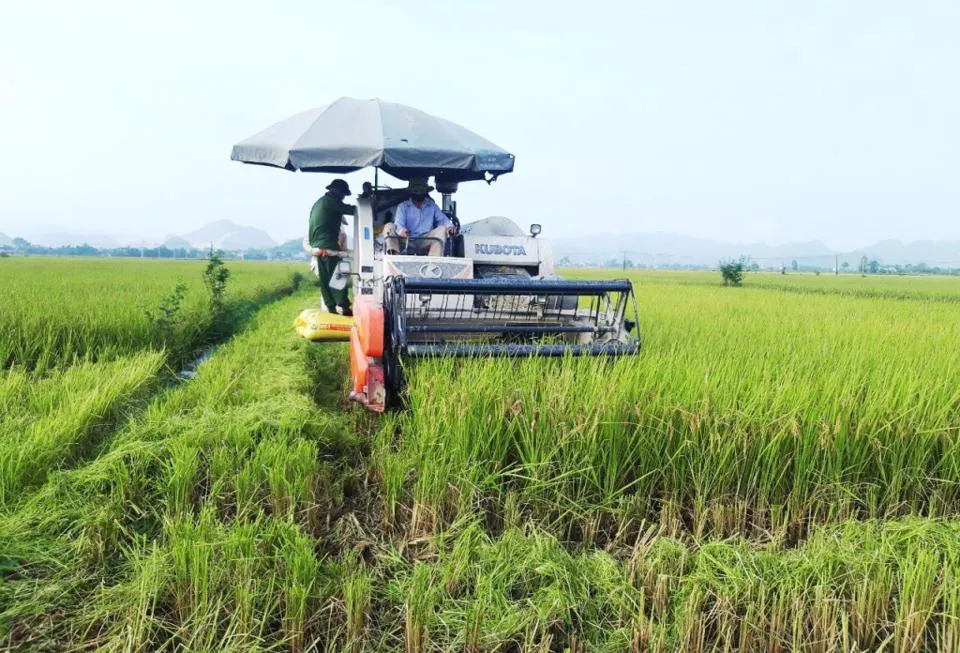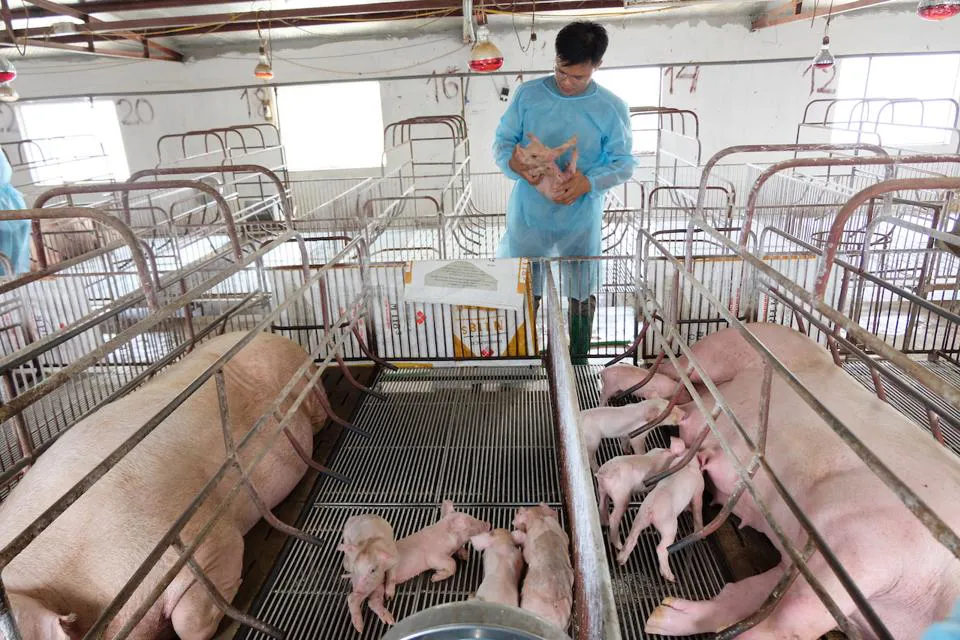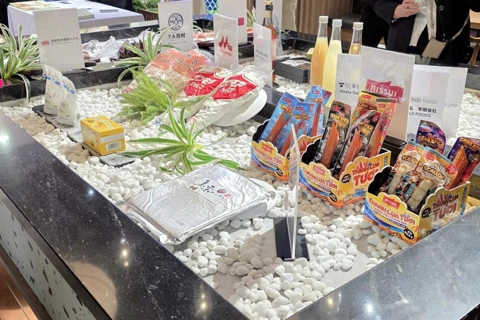Sciences, technologies key to boost Hanoi's agriculture: Officials
Hanoi has developed 22 hygienic vegetable areas, 25 high-quality rice areas, 14 fruit farming areas, 76 livestock farming communes, and 20 aquacultural areas.
Sciences and technologies are critical to the steady, practical, and sustainable development of agricultural activities in Hanoi, officials said on October 12.
| The lack of machinery used in farming has limited Hanoi farmers from increasing their productivity and competitiveness. Photo: Lam Nguyen |
Though the city has taken drastic measures and policies to bolster the agricultural sector, the industry has remained stagnant, risky and unattractive to private enterprises, Vice Chairman of the Hanoi People’s Council Nguyen Manh Quyen said.
According to the city’s vice chairman, local agriculture is facing several issues.
"The rice fields are abandoned, as urbanization has harmed the irrigation system and soil quality," Quyen said.
Rural people have moved from agriculture to other sectors such as industrial production, construction and services, leading to labor shortages in agricultural activities, Quyen said.
"The agricultural sector is not competitive enough due to the lack of cooperation between families, the increase in production costs and low profitability."
"In addition, climate change, natural disasters and diseases have caused serious damage to plantations and livestock, which puts farmers at risk and challenges," said the vice-chairman.
He said that farmers also have to manage waste from plantations, animal husbandry, aquaculture, industrial production and artisanal manufacturing that is not fully processed and pollutes the environment.
"The lack of machinery in agriculture means that the percentage of well-processed products is low, limited technologies make it difficult to store harvested crops, additives are often misused, and support industries are poorly developed and unable to assist the farming sector".
“The problem proves the policies and incentives are not strong and encouraging enough. Hanoi wants to make its agricultural sector different from other cities and provinces,” Quyen said.
“The city expects its agriculture and rural development department would tighten its partnership with the Vietnam Academy of Agricultural Sciences to develop efficient, feasible economic models to boost agricultural production in the city.”
| A pig farm in Soc Son District of Hanoi. Photo: Economic and Urban Newspaper |
The Vietnam Academy of Agricultural Sciences has collaborated with the Hanoi Department of Agriculture and Rural Development to conduct scientific research and apply the results in agriculture, said the academy's director, Nguyen Hong Son.
"The academy has worked with the city’s authorities to execute 47 programs and projects related to adopting science and technology for agricultural development," Son said.
Cooperation between the Vietnam Academy of Agricultural Sciences and the Hanoi Department of Agriculture and Rural Development has focused on research into new seeds and breeds; creation, management and development of agricultural brands; development of solutions for sustainable planting of special local fruit trees; and the use of pesticides to kill insects and other organisms harmful to cultivated plants, Son said.
Some typical projects that have been carried out are fruit planting in 2013-2017, preservation and development of Canh orange in 2016, and adoption of technical solutions to boost Canh orange planting and production in 2017, he said.
The Vietnam Academy of Agricultural Sciences director said his institution would strengthen its partnerships with government agencies in Hanoi in agricultural science and technology research.
"The priority of future projects will be the development of ecological and circular agriculture, preservation technology, food processing and further development of human resources," Son said.
Deputy director of the Hanoi Department of Agriculture and Rural Development Ta Van Tuong said Hanoi needs the transfer of feasible scientific results in plantations and animal husbandry.
Tuong wanted the academy to support the department in applying IT solutions in production management, product origin tracking and implementing circular farming models.
According to the Hanoi Department of Agriculture and Rural Development, high-tech produce is expected to account for 70% of the city’s total farming production in 2025. To meet the target, Hanoi will support the development of at least 44 businesses in high-tech agriculture, build a high-tech agricultural center, and a high-tech agrarian region that covers some of the city’s agricultural mini-hubs.
Hanoi will also assist ten cooperatives to pilot high technologies and digital solutions in the One Commune-One Product program in 2022 and help set up 30 high-tech agricultural cooperatives.
The total area of land for agriculture and forestry in Hanoi is 200,000 hectares, covering nearly two-thirds of the city’s surface. More than four million people of Hanoi live in the rural area, accounting for more than 50% of the city’s total population, of them, over 2.2 million people living in the rural area are the working age, accounting for 56% of the city’s total labor force.
Hanoi has developed 22 hygienic vegetable areas, 25 high-quality rice areas, 14 fruit farming areas, 76 animal farming communes, and 20 aquacultural areas. All of the said farms and plantations comply with the standards of environmental protection and hygiene.













